The UK has joined countries including Canada, Spain and the Netherlands in restricting arms sales to Israel, as governments in those countries come under pressure from the United Nations, domestic voters and pro-Palestinian campaigners.
Each country exported tens of millions of dollars worth of weapons to Israel in 2023, while some countries also contributed parts for the F-35 fighter jets used by Israel.
Germany, Israel's second-largest arms supplier, said exports of 326.5 million euros ($354.4 million) last year had fallen since the first weeks of renewed fighting in the Gaza Strip.
But Europe's numbers pale in comparison to US support for Israel, which recently increased by $26 billion and includes ammunition from the Pentagon's stockpile.
According to statistics from the Stockholm International Peace Research Institute (SIPRI), the US and Germany supplied 99% of Israel's arms imports from 2019 to 2023. Israel said the arms embargo was tantamount to "a call to support Hamas".
Some countries restrict arms sales to Israel:
The new UK government led by Labour Prime Minister Keir Starmer said on September 2 that 30 out of 350 arms export licenses to Israel would be suspended following a legal review.
British Foreign Secretary David Lammy said the policy was not a “total ban.” But pressure has been building for months. According to a poll conducted by the UAE-based website The National News in June, 54 percent of British adults supported a ban on the weapons.
Last year, the UK approved £18.2 million ($23.4 million) worth of licences. Forty-two licences were granted to export military equipment from October 7 last year, when Hamas launched its attack on Israel, until the end of May.
The UK was also a significant contributor to getting the F-35 and fighter jet parts exempted from Mr Lammy's restriction notice.
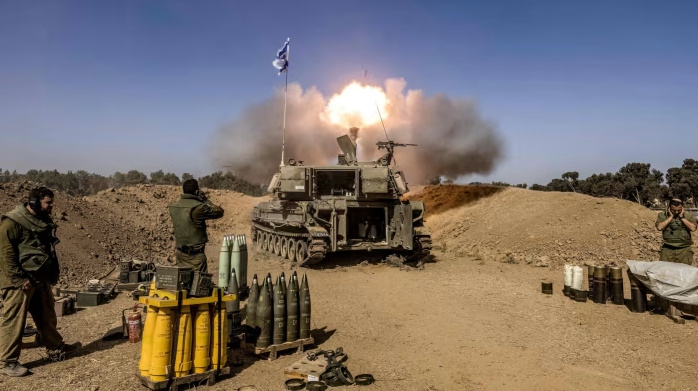
Pressure has been mounting for months on the new UK government led by Labour Prime Minister Keir Starmer to restrict arms sales to Israel. Photo: Getty Images
In the Netherlands , a court blocked the sale of F-35 fighter jet parts to Israel in February, ruling that there was a “clear risk” of humanitarian violations. The judges said ministers had complied with the ruling. But it is unclear what will happen next after the Netherlands’ new right-wing, pro-Israel government recently came to power.
Previously, eight export licenses to Israel were granted in 2023, worth €11.1 million ($11.9 million), including thermal imaging cameras, radars and naval equipment. Two more were granted in January this year, when the figures were last updated. The Netherlands also exports spare parts for F-16 aircraft used by Israel.
Spain's Foreign Ministry announced in February that no arms sales to Israel had been approved since October 7 last year. In May, Madrid went further, announcing that any ships carrying weapons to Israel would be banned from docking at Spanish ports.
Italian Foreign Minister Antonio Tajani said in January that a decision had been taken not to export arms to Israel when the fighting in Gaza broke out.
Italian Defense Minister Guido Crosetto later admitted that previously signed contracts continued, but they "did not involve materials that could be used against civilians".
SIPRI lists Italy as the third-largest arms exporter to Israel between 2019 and 2023, after the United States and Germany. Trade data for 2023 shows that Rome exported goods worth €9.9 million to Israel, a figure officials said was similar to 2022.
In Belgium , restrictions on arms exports to Israel are decided at a regional level. French-speaking Wallonia says its policy is not to strengthen the Israeli army. It suspended two export licenses for ammunition manufacturer PB Clermont in February.
Dutch-speaking Flanders has a similar policy. The Belgian government has lobbied for an EU-wide ban on arms sales to Israel.
Previously, Wallonia's exports in 2022 amounted to 1.8 million euros, including gunpowder, explosives and aircraft parts, but Israel was not their final destination, the regional government said.
The Flemish permits approved in 2023 amount to around €17.3 million. Here, the authorities also said, the parts were temporarily exported or their final destination was not Israel.
Norway has a policy of not exporting weapons to war zones. They have relaxed this rule for Ukraine, but not for Israel.
Officials have asked ammunition maker Nammo and aerospace company Kongsberg to carry out “necessary due diligence”, amid claims of indirect links between Norway and Israel.
There were no arms exports from Norway to Israel in 2022 or 2023, according to official trade statistics. Only some protective equipment was sold to an Israeli mine clearance company called Opms – Open Minded Solutions.
Across the Atlantic, Canada has not issued new export licenses to Israel since January 8 this year, "due to the rapidly evolving situation," Canadian Foreign Minister Melanie Joly said.
The old licenses that remain valid for Israel are for the sale of “non-lethal goods,” according to trade officials. Last year, Canada exported $22.2 million worth of military goods and technology to Israel, according to official figures.
Ottawa has issued 193 export licenses to Israel. The most valuable exports are in the categories of “bombs, torpedoes, rockets, ballistic missiles, other explosive devices, and electronic equipment.”
Minh Duc (According to National News)
Source: https://www.nguoiduatin.vn/nhung-quoc-gia-nao-da-dinh-chi-ban-vu-khi-cho-israel-204240903143808259.htm


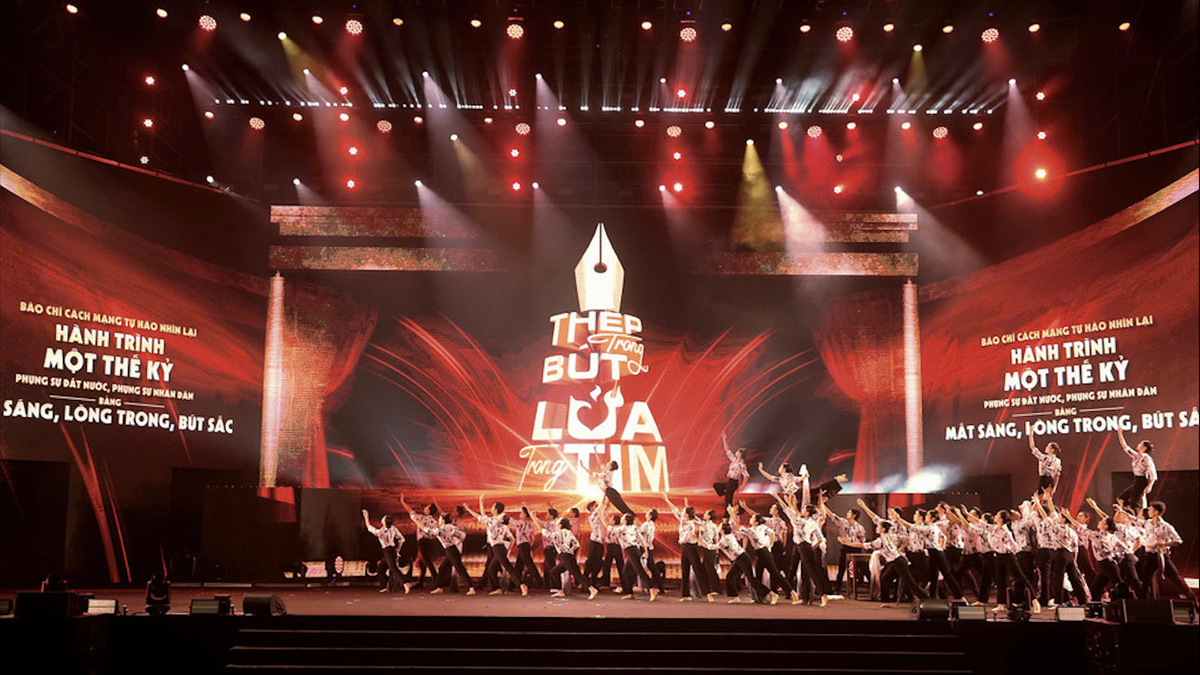



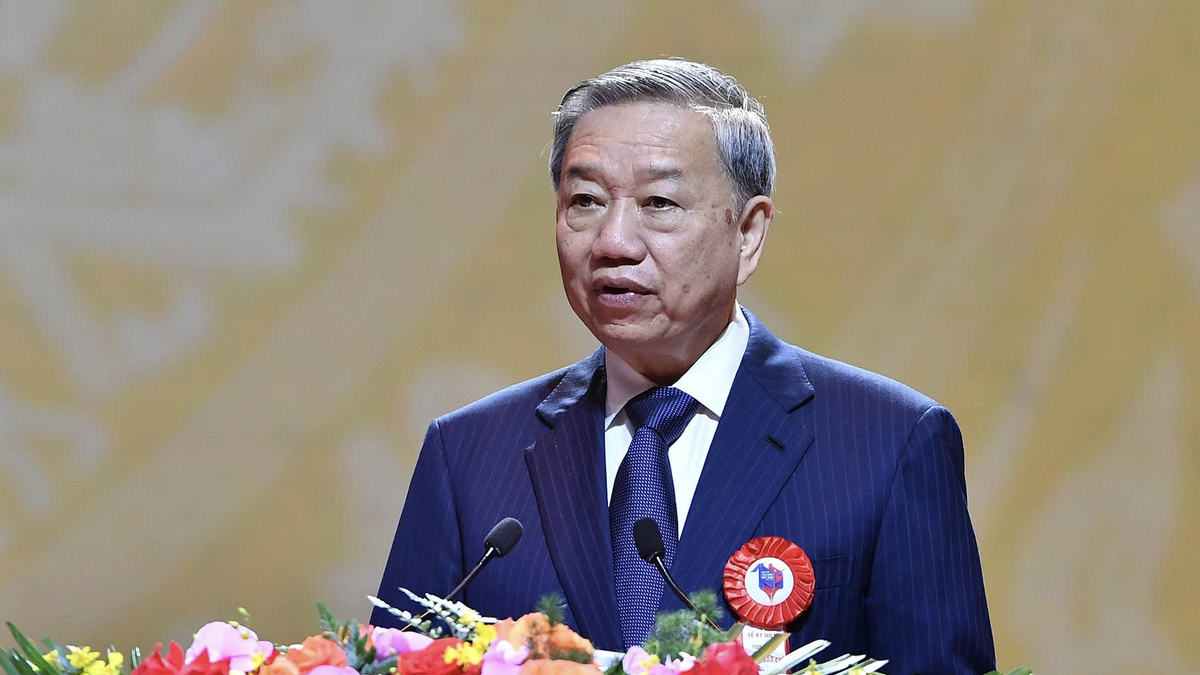



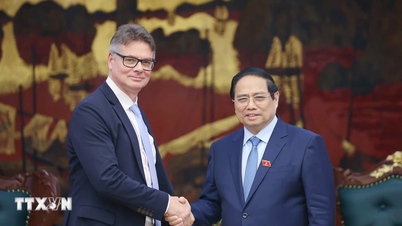

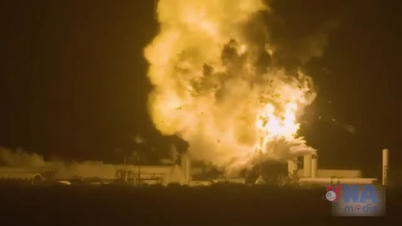
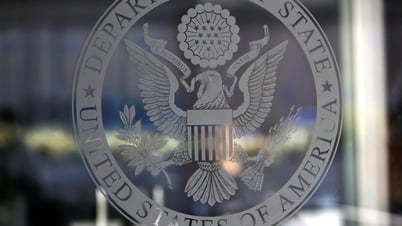



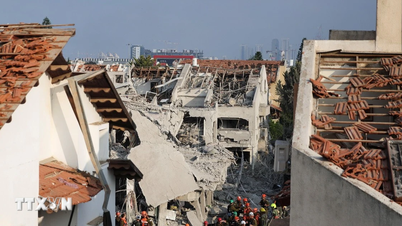


































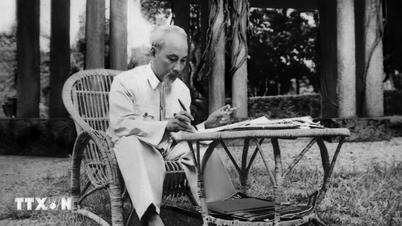








![[Maritime News] Wan Hai Lines invests $150 million to buy 48,000 containers](https://vphoto.vietnam.vn/thumb/402x226/vietnam/resource/IMAGE/2025/6/20/c945a62aff624b4bb5c25e67e9bcc1cb)









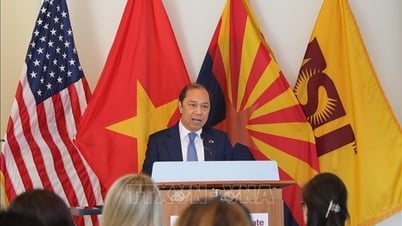



![[Infographic] Party Committee of the Ministry of Culture, Sports and Tourism: Marks of the 2020 - 2025 term](https://vphoto.vietnam.vn/thumb/402x226/vietnam/resource/IMAGE/2025/6/22/058c9f95a9a54fcab13153cddc34435e)




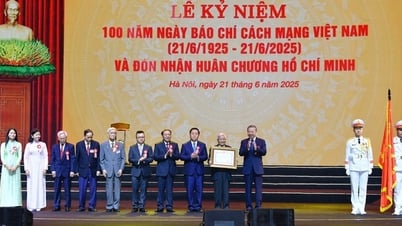

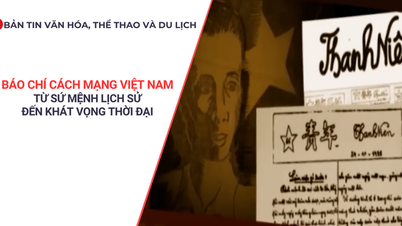
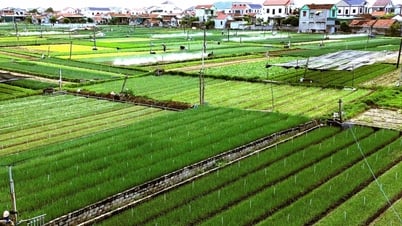

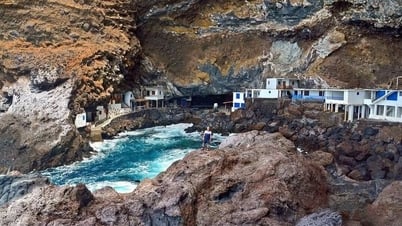

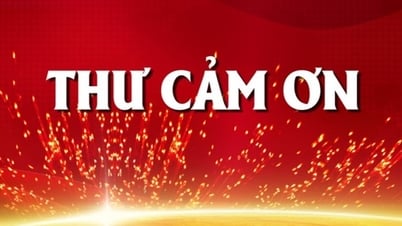



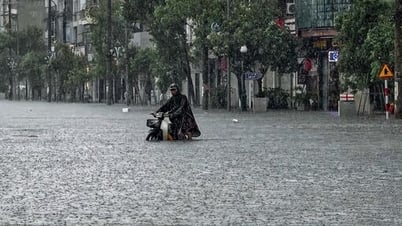















Comment (0)